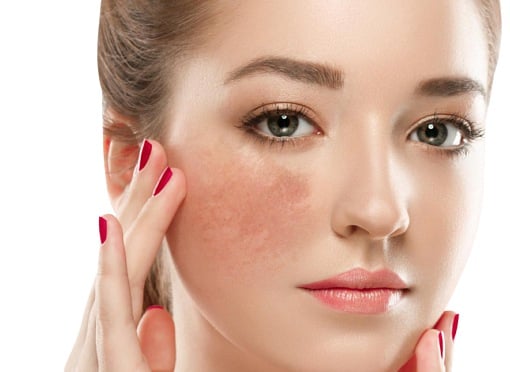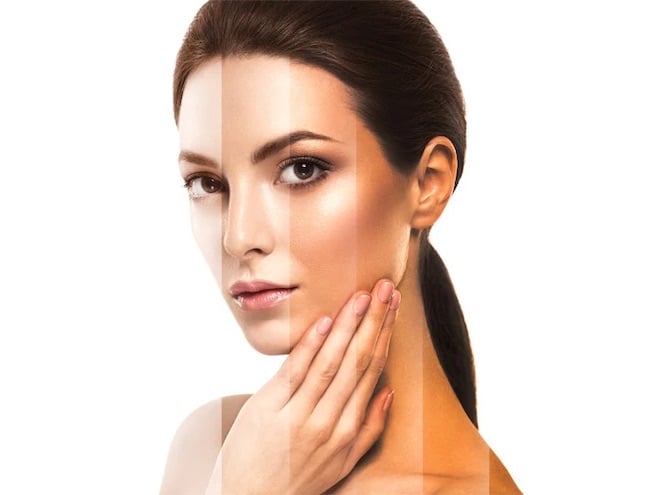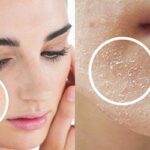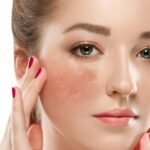1. Limit Alcohol Intake
Alcohol is a diuretic, which means it increases the body’s fluid loss and can lead to dehydration. This can cause your skin to look dull and lack luster. Additionally, alcohol increases blood flow to the surface of the skin, resulting in a flushed appearance. Prolonged and excessive drinking can lead to permanent redness and skin discoloration. To maintain a healthy, glowing complexion, it is advisable to reduce alcohol consumption and opt for healthier alternatives.
2. Adopt a Healthy Diet
A healthy diet is essential for maintaining good skin. Include foods rich in fatty acids such as salmon, flax seeds, and walnuts, which help regenerate skin cells and reduce inflammation. These foods provide essential nutrients that promote skin health from within. Antioxidant-rich foods such as pumpkin seeds, tomatoes, and dark chocolate protect the skin from free radical damage, preventing premature aging and dullness. Probiotics are also great for skin health, so consider adding them to your diet.

Probiotics in your diet are great for skin health.
3. Daily Sunscreen Application
Sun exposure depletes the skin’s essential fatty acids and hyaluronic acid, making it prone to dryness and dullness. Using sunscreen daily is crucial to protect your skin. Opt for a sunscreen with an SPF of 30 for regular days and SPF 50 if you plan to spend extended periods outdoors.
4. Exfoliate Regularly
Exfoliation is necessary to achieve bright and even-toned skin. You can use physical exfoliants or try microdermabrasion or cleansing brushes to remove dead skin cells. Exfoliate 2-3 times a week to keep your skin looking vibrant and healthy.
5. Start Your Day with Vitamin C
Vitamin C is not only great for your immune system, but it is also a powerful antioxidant that helps brighten the skin and reduce dark spots and pigmentation. Daily intake of vitamin C will protect your skin from the damaging effects of UV rays and prevent the formation of unwanted pigments. You can get your daily dose of vitamin C from citrus fruits like oranges, or use skincare products containing vitamin C.

Get your daily dose of vitamin C from citrus fruits or skincare products.
6. Get Enough Sleep
Sleep is crucial for skin regeneration and repair. If you don’t get enough sleep, your skin won’t have the opportunity to recover properly, leading to dull and tired-looking skin. Aim for 7-8 hours of sleep each night. If you struggle with sleep, consider using sleep aids such as pillow sprays or melatonin supplements.
7. Hydrate with Hyaluronic Acid
Hyaluronic acid is a powerful hydrating agent that helps the skin retain moisture and promotes a plump, youthful appearance. Choose moisturizers that contain hyaluronic acid to keep your skin looking fresh and healthy, especially in dry environments.
8. Cleanse Your Skin Properly
Cleansing your skin twice a day is essential to remove dirt, excess oil, and makeup, preventing clogged pores and dullness. Don’t forget to wash your face each morning when you wake up and before going to bed to ensure your skin stays clean and refreshed.
9. Protect Your Skin from Environmental Factors
The environment can take a toll on your skin, from pollution to harsh weather conditions. These factors can lead to a thickened stratum corneum (outer layer of the skin) and result in rough, dull skin. Use appropriate skincare products to protect your skin from environmental damage.
10. Treat Yourself to a Weekly Face Mask
Face masks infused with ingredients like turmeric, niacinamide, and alpha-hydroxy acids (AHAs) help refine the skin’s texture, combat acne, and brighten the complexion. Applying a face mask once a week provides a boost of nourishment, leaving your skin radiant and glowing.
By incorporating these simple yet effective skincare steps into your routine, you’ll be well on your way to achieving healthy, glowing skin. Consistency is key, so ensure you follow each step diligently to attain the beautiful skin you desire!




































